They know how to breeze past long airport lines without breaking a single rule.
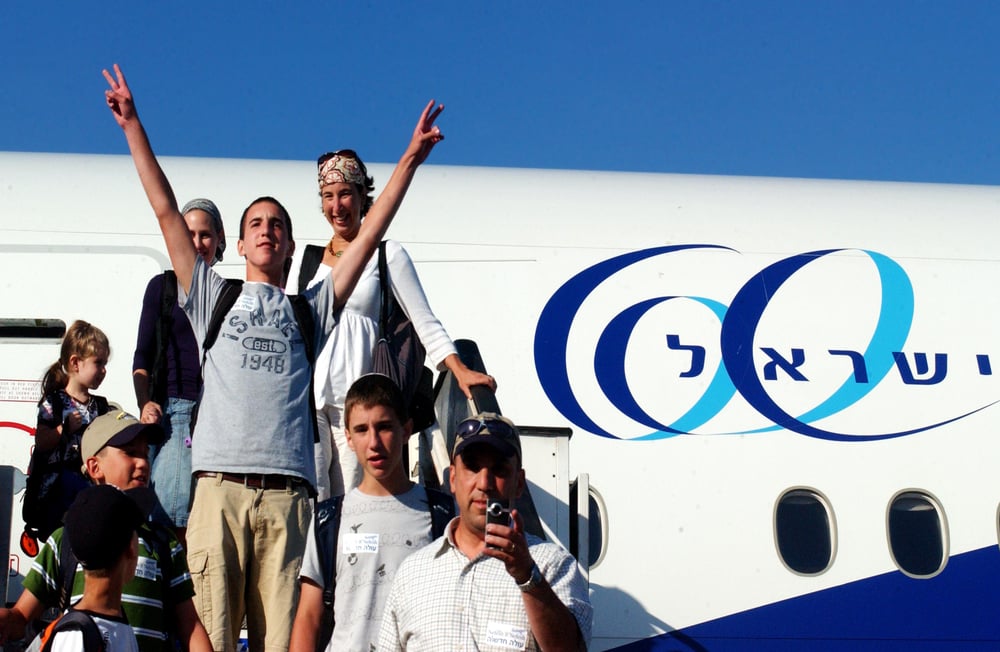
If you’ve ever watched a fellow traveler glide through security or customs while you’re still fumbling with your shoes and laptop, you’ve probably witnessed one of these legal airport hacks in action. These aren’t shady tricks or questionable shortcuts—they’re smart, well-informed moves that make air travel far less painful for those who know the ropes.
Seasoned travelers don’t waste time standing in lines they don’t have to. Over the years, they’ve picked up on lesser-known programs, obscure policies, and oddly specific rules that make flying a whole lot smoother. These tips aren’t always advertised, and most people never hear about them. But once you do, you’ll never look at airport delays the same way again.
1. They use the 24-hour rule to rebook cheaper flights without penalty.
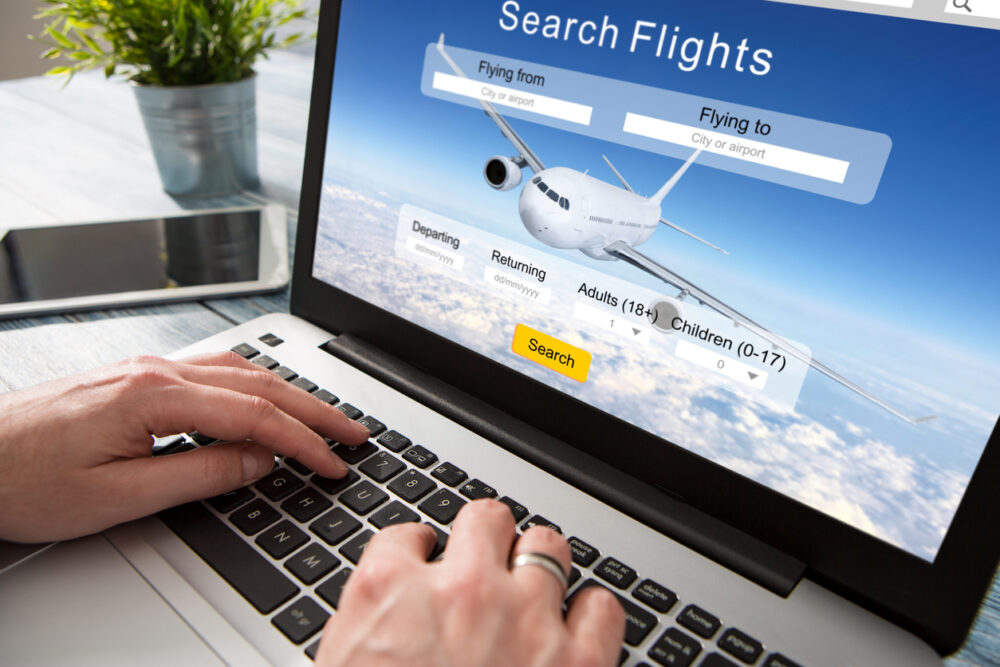
Most airlines allow free cancellations or changes within 24 hours of booking—even on nonrefundable tickets, Ciara Larkin shared in Investopedia. Savvy travelers use this loophole to monitor price drops or flight changes right after purchasing. If the price dips the next day or a better flight time opens up, they simply cancel and rebook without paying a fee. It’s a smart way to lock in a good fare while still giving yourself flexibility to adjust.
This trick also helps with last-minute adjustments. If plans shift slightly or you notice a better seat option, the 24-hour window gives you wiggle room to make changes without financial consequences. Not every traveler remembers to use it, but the ones who do often end up with better schedules or lower costs—all without penalty. It’s one of those rare cases where the airline’s own policy works in your favor, and it can be a game changer if used strategically.
2. They sign up for Global Entry and skip customs chaos entirely.
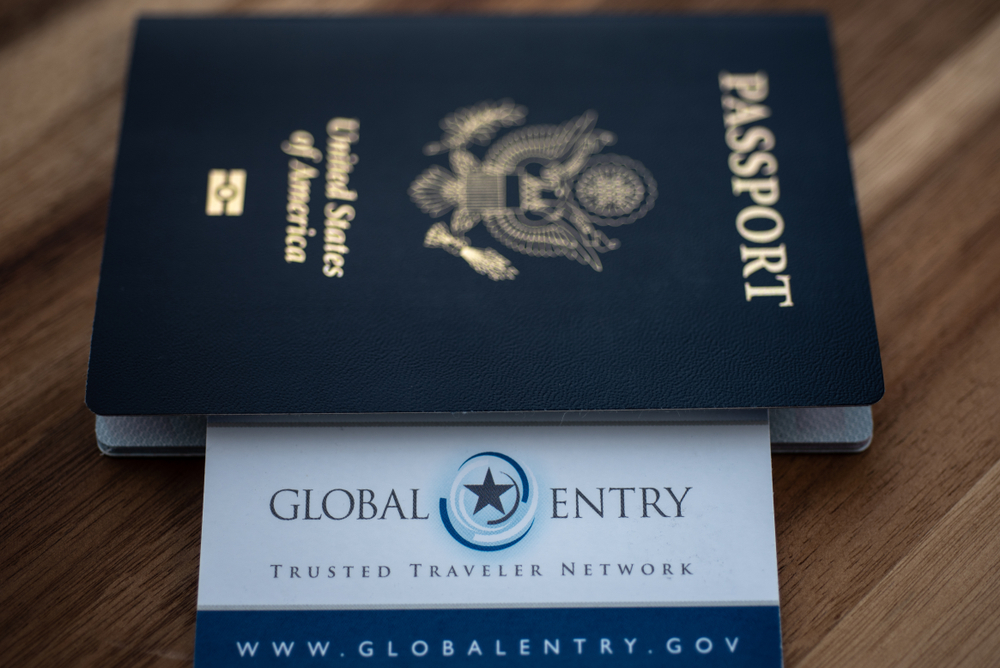
Global Entry isn’t just for frequent international flyers—it’s a huge time-saver even for occasional travelers. Approved members bypass the painfully long customs lines when returning to the U.S. Instead of waiting an hour or more, they head to a dedicated kiosk, scan their passport, and walk straight out. No interrogation, no paperwork shuffle, and barely any waiting.
What makes it even sweeter is that Global Entry includes TSA PreCheck, meaning you also breeze through domestic security lines, authors at National Security Law Firm mentioned. No need to take off shoes, belts, or unpack your laptop. While there’s an upfront fee and an interview process, the five-year validity makes it more than worth it. Experienced travelers swear by it. They know the real travel headaches start and end at the airport, so skipping those lines isn’t just a convenience—it’s an act of self-preservation.
3. They use lesser-known checkpoints to bypass main TSA lines.
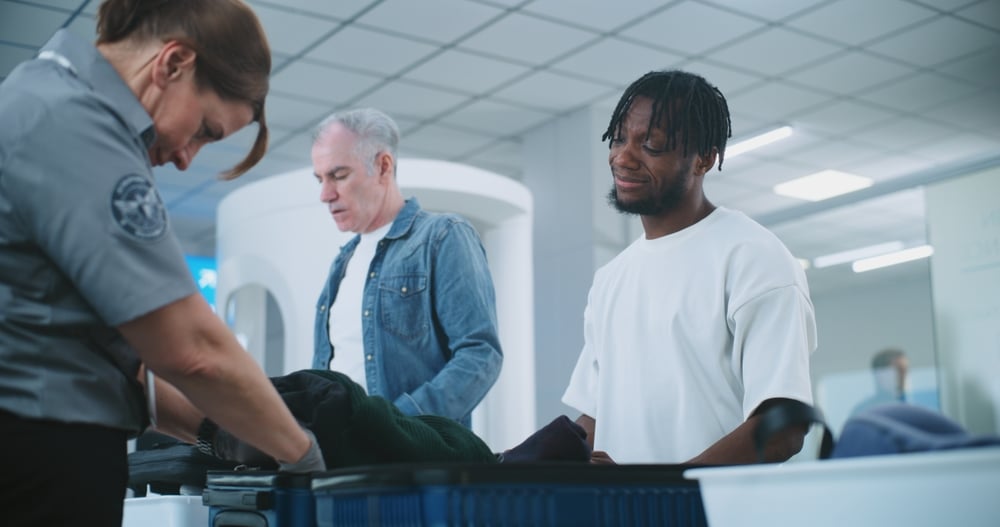
Most travelers flock to the main security checkpoint without realizing that many airports have alternative screening areas, according to writers at Voye. These smaller, less busy checkpoints are often tucked away near secondary terminals, hotel connectors, or even international sections that domestic passengers are allowed to use. Seasoned travelers scout these out ahead of time and head straight for them.
It feels a bit like having VIP access without paying for it. You might need to walk a bit further, but skipping a 45-minute wait in favor of a quiet five-minute line is a no-brainer. Some of these checkpoints don’t show up on standard airport signage, but frequent flyers learn their locations and use them consistently. It’s a move that can shave a surprising amount of time off your travel day without breaking a single rule.
4. They take advantage of short-cut recheck areas after customs.
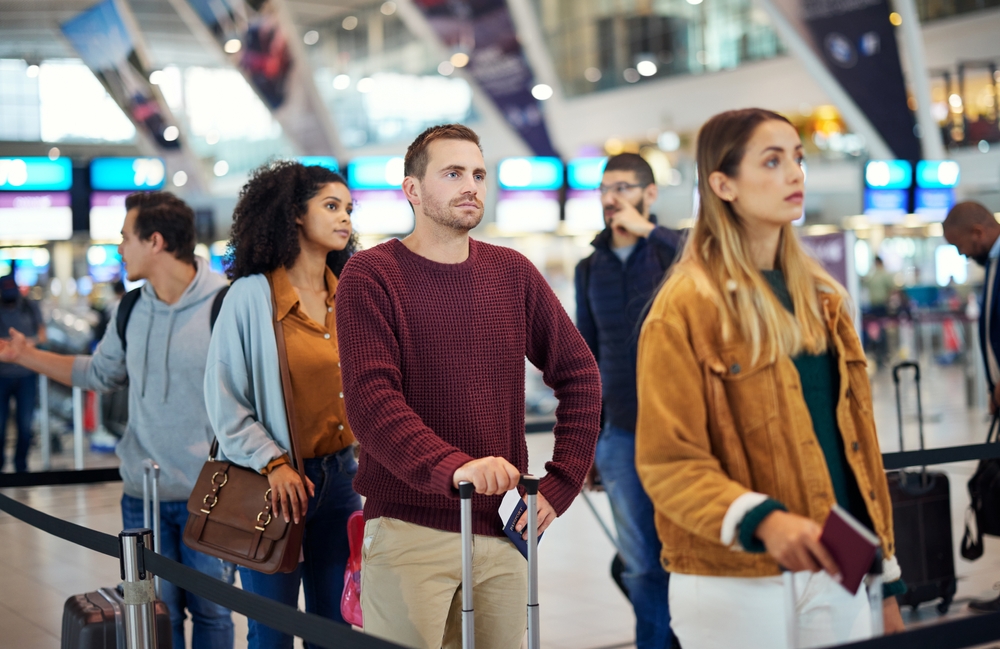
After clearing customs, many airports require you to recheck your bag and go through TSA again before boarding a connecting flight. But there’s often a loophole here. Certain terminals have special recheck lanes or shortcuts for passengers who’ve already been screened overseas. These aren’t well-publicized, and agents rarely mention them unless asked directly.
Veteran travelers know to inquire or look for signage indicating “Connecting Flights – TSA Exempt” or “Expedited Recheck.” It feels almost too easy—sometimes it means skipping an entire line just by being in the know. Airports like Dallas-Fort Worth and Miami have these setups, but they’re often underutilized. It’s one of those quiet hacks that’s 100% legal and completely changes how quickly you get to your gate on international connections.
5. They choose international terminals for domestic flights.

At certain airports, domestic flights also depart from international terminals. These terminals tend to be less crowded, have better amenities, and—best of all—faster security lines. Experienced flyers specifically book flights leaving from these terminals or choose airlines known to operate out of them.
If your airline offers check-in at multiple terminals, you can often choose the international one and breeze through security in a fraction of the time. It’s also a nicer experience overall: upgraded lounges, fewer screaming kids, and a generally calmer vibe. Most people don’t think to check which terminal their flight is in when booking, but frequent travelers make this part of their routine. They know that five minutes of research can save them an hour of airport stress.
6. They fly on “ghost” days when TSA lines are nearly empty.
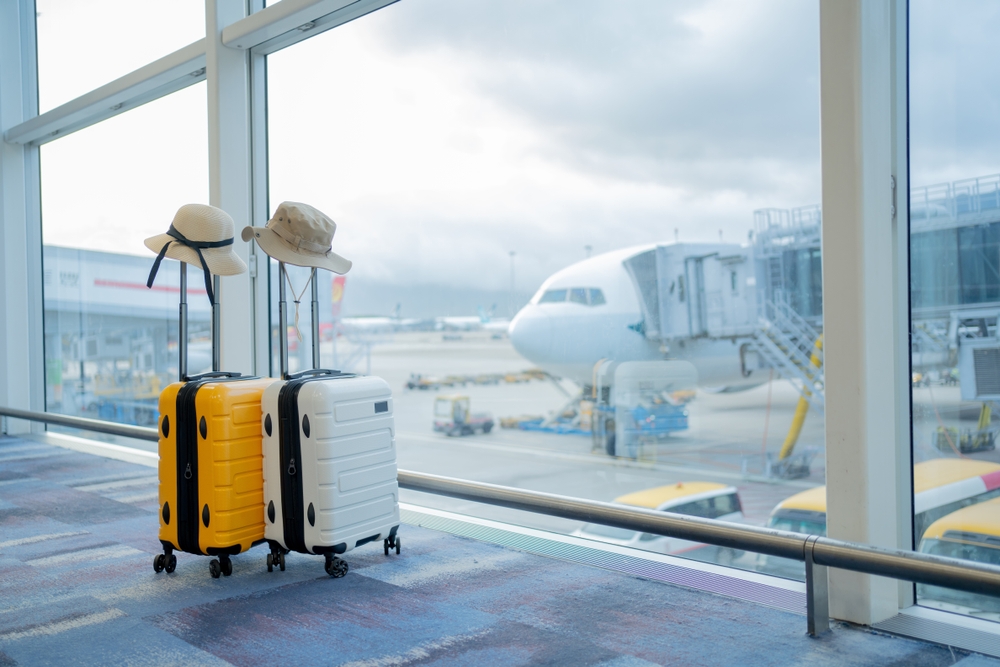
Every seasoned traveler knows that the day of the week you fly can drastically change your airport experience. Tuesdays, Wednesdays, and Saturday afternoons are often overlooked flight times, but they’re ideal for avoiding long lines. TSA waits are minimal, flights are less crowded, and even the parking lots are easier to navigate.
These aren’t just lucky days—they’re predictable patterns. Business travelers tend to fly Mondays and Thursdays, while weekend warriors pack the airports on Fridays and Sundays. By avoiding the herd, experienced flyers essentially hack the airport’s schedule. It’s not a flashy trick, but it’s wildly effective. Choosing the right day can make a chaotic airport feel like a private lounge.
7. They use airline mobile apps to skip lines entirely.

Most airlines now offer features in their apps that go far beyond digital boarding passes. Savvy travelers use them to change flights, monitor baggage, and even skip customer service lines. If a flight is delayed or canceled, they rebook instantly on the app while everyone else is standing in a long line at the gate counter.
Some apps also provide alerts about gate changes or upgrades before they’re announced over the loudspeaker. That head start can mean grabbing a better seat or making a tight connection. Experienced travelers keep the app open throughout the day, using it as their command center. They know that skipping the physical lines often starts by staying one step ahead digitally.
8. They book flights out of smaller, regional airports.

Larger airports might offer more nonstop options, but they also come with endless lines and logistical headaches. Veteran travelers often choose smaller airports nearby—even if it means an extra connection—because the speed and ease of getting through security more than make up for it. Parking is easier, lines are shorter, and everything just moves faster.
You’ll often find that the TSA staff is friendlier, too. With fewer passengers to manage, the whole experience feels more personal and efficient. And while you might add a short hop to your trip, you’ll likely shave an hour or more off your total airport time. It’s a trade seasoned travelers make without hesitation—and once you try it, you’ll wonder why you ever put up with the madness of mega hubs.
9. They enroll in CLEAR to skip to the front of TSA lines.

CLEAR is a private security service that uses biometric data to verify your identity. Once enrolled, you get to jump to the front of the TSA line at participating airports—regardless of whether you have PreCheck. For frequent travelers, it’s worth every penny. You walk up, scan your eyes or fingerprints, and head straight to the screening area.
It works especially well at busy airports during peak travel times. While everyone else is winding through a snaking line of passengers, CLEAR members are through in minutes. It’s not cheap, but many credit cards or loyalty programs cover part of the cost. If you travel even semi-regularly, the time saved can easily outweigh the annual fee. Experienced flyers treat it like a fast pass for the most annoying part of flying.
10. They travel with carry-ons to skip baggage delays.
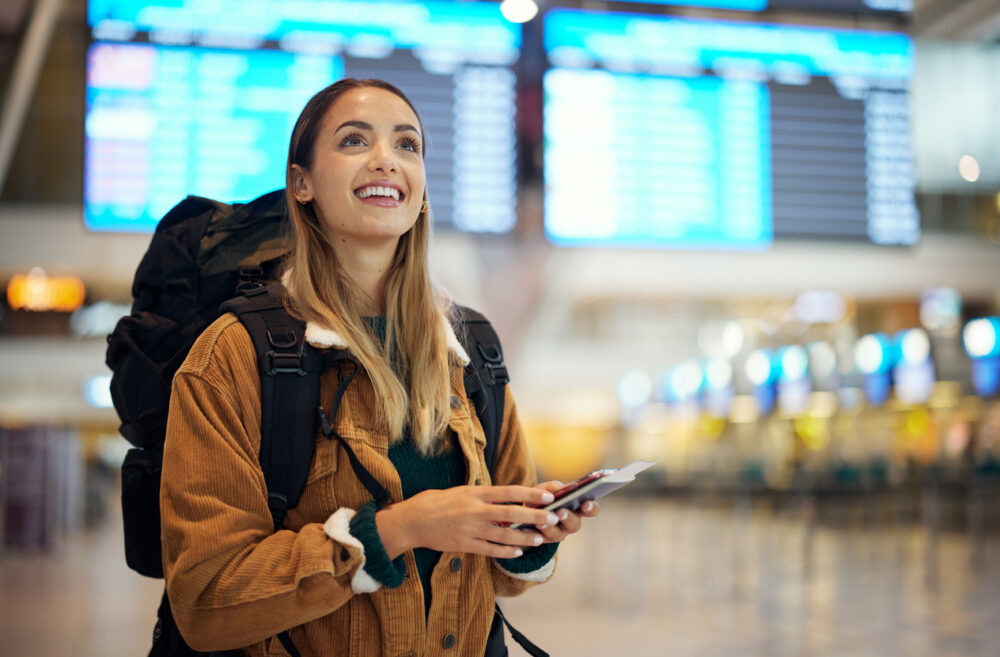
Seasoned travelers know that checking bags adds unnecessary wait time to both ends of a flight. From standing in line to drop it off, to waiting at baggage claim after landing, it’s a built-in delay that can usually be avoided. They travel with a well-packed carry-on and make use of compression cubes to fit everything they need.
This also helps avoid lost luggage, missed connections, or delays caused by slow handling. If you pack smart, you don’t need more than a carry-on for most trips. It’s not about minimalism—it’s about speed and control. Being able to walk off a plane and head straight to the exit without stopping changes the entire travel experience. Frequent flyers know the fastest way through any airport is to travel light and skip the luggage carousel entirely.
11. They know which security lines are slowest and avoid them.
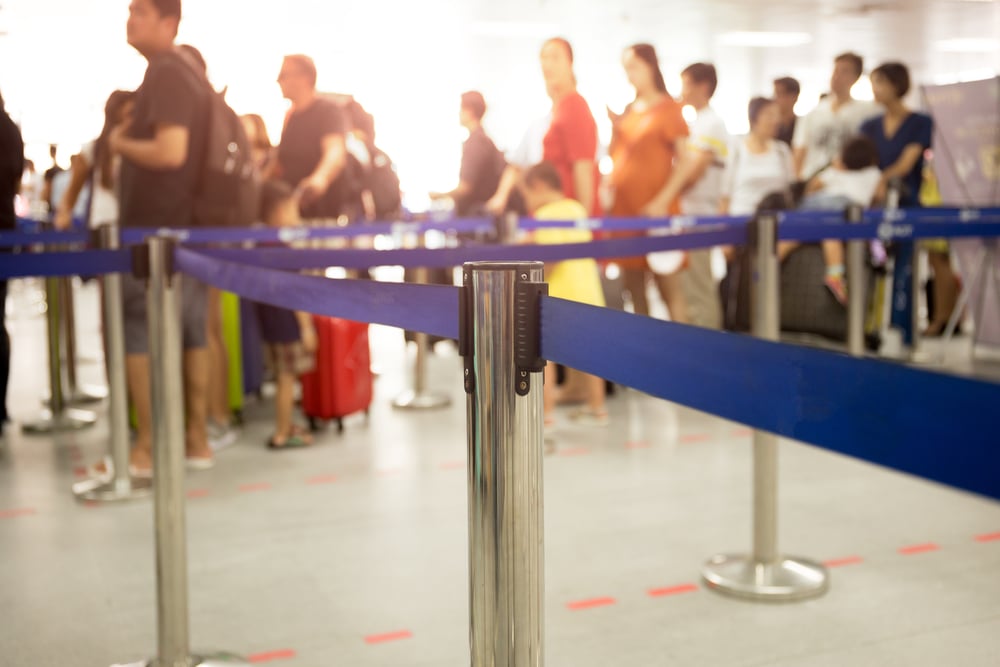
Even within the same terminal, not all TSA lines are created equal. Some are slower due to staffing, layout, or even passenger demographics. Seasoned travelers quickly learn which lines are consistently slower—like the ones near family boarding areas or airport lounges—and avoid them altogether.
They also look for signs of efficiency. A short line doesn’t always mean a fast line. If the agents are chatting, the machines are backed up, or the passengers look confused, it’s probably not your best bet. Frequent flyers often observe a few lines before picking one, or ask airport staff which is moving fastest. It’s a small habit that adds up to serious time savings. Knowing where to stand—and where not to—can mean making your flight stress-free instead of a close call.
